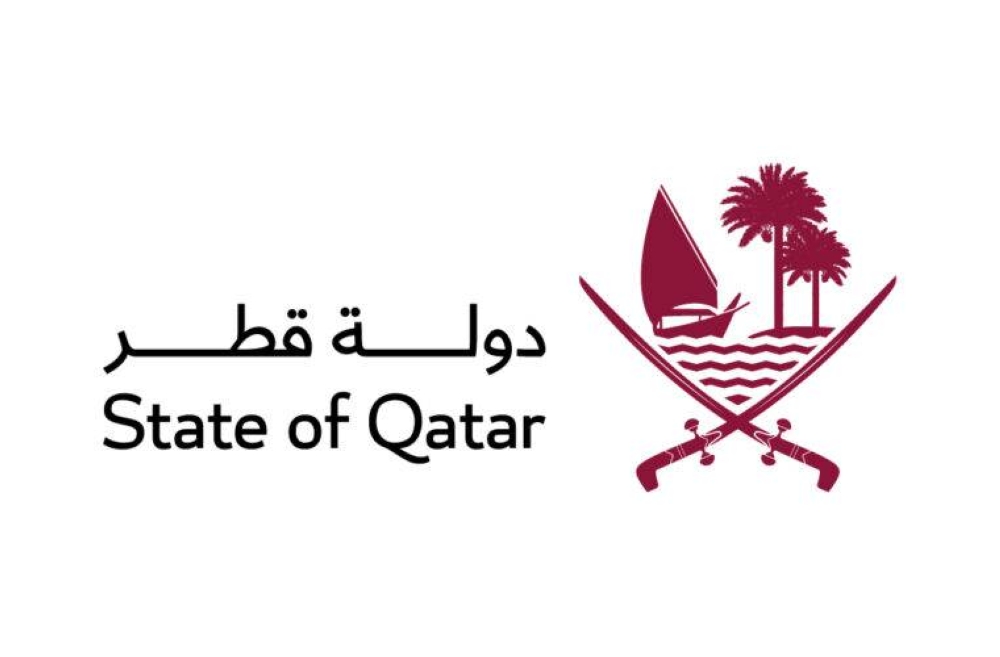The State of Qatar recently hosted a global training course on "Public Health Skills for Action in Humanitarian Emergencies in the Eastern Mediterranean Region Countries", with the participation of experts from the World Health Organization and Johns Hopkins Bloomberg School of Public Health.
The first phase of the course included learning modules videos presented on the course website, which aimed at establishing a common understanding of public health issues in humanitarian emergencies, including (chronic disease management, non-chronic disease management, nutrition and food security, epidemiology and investigation, environmental health and international humanitarian laws and others). The problems suffered by affected people were also reviewed including both natural and conflict-related, and the role of humanitarian interventions in mitigating the effects of disasters. An assessment was carried out for participants to measure their understanding of the theoretical information they acquired and to prepare them for the second phase of the course.
The second phase of the training course included in person interaction of the participants to transform the knowledge they gained from the theoretical training sessions presented in the first phase into practical training skills consisting mainly of case studies and scenarios that clarified most of the public health challenges in humanitarian emergencies and how to prepare for and deal with them. There was a direct link between the remote training modules and the exercises performed in person during the course.
Participants who completed the first and second phases of the course received a joint certificate of completion from WHO Eastern Mediterranean Regional Office and Johns Hopkins University.
Dr. Suha Al Bayat, Director of the Health Emergencies Department at the Ministry of Public Health, said that the training course is one of the best international courses, which aims to develop basic skills in the field of public health of practical benefit in humanitarian emergencies, adding that the course also provided a comprehensive overview of many topics that are important for the World Health Organization and humanitarian health staff.
Dr. Suha Al Bayat explained that the training course reinforced the importance of qualifying local professionals on public health skills and issues and on international humanitarian laws in order to protect communities in humanitarian emergencies, as the role that public health professionals play in humanitarian crises is important for the prevention and mitigation of disasters by focusing on providing basic necessities to those affected, stressing that this qualification enhances the leading role that the State of Qatar plays as an effective member in the international community in providing humanitarian assistance to those affected by disasters and humanitarian crises, as well as providing development assistance in order to consolidate peace and stability in the affected countries to respond to humanitarian disasters in different countries of the world. (QNA)
Qatar
Qatar Hosts Global Training Course on Public Health Skills for Action in Humanitarian Emergencies

